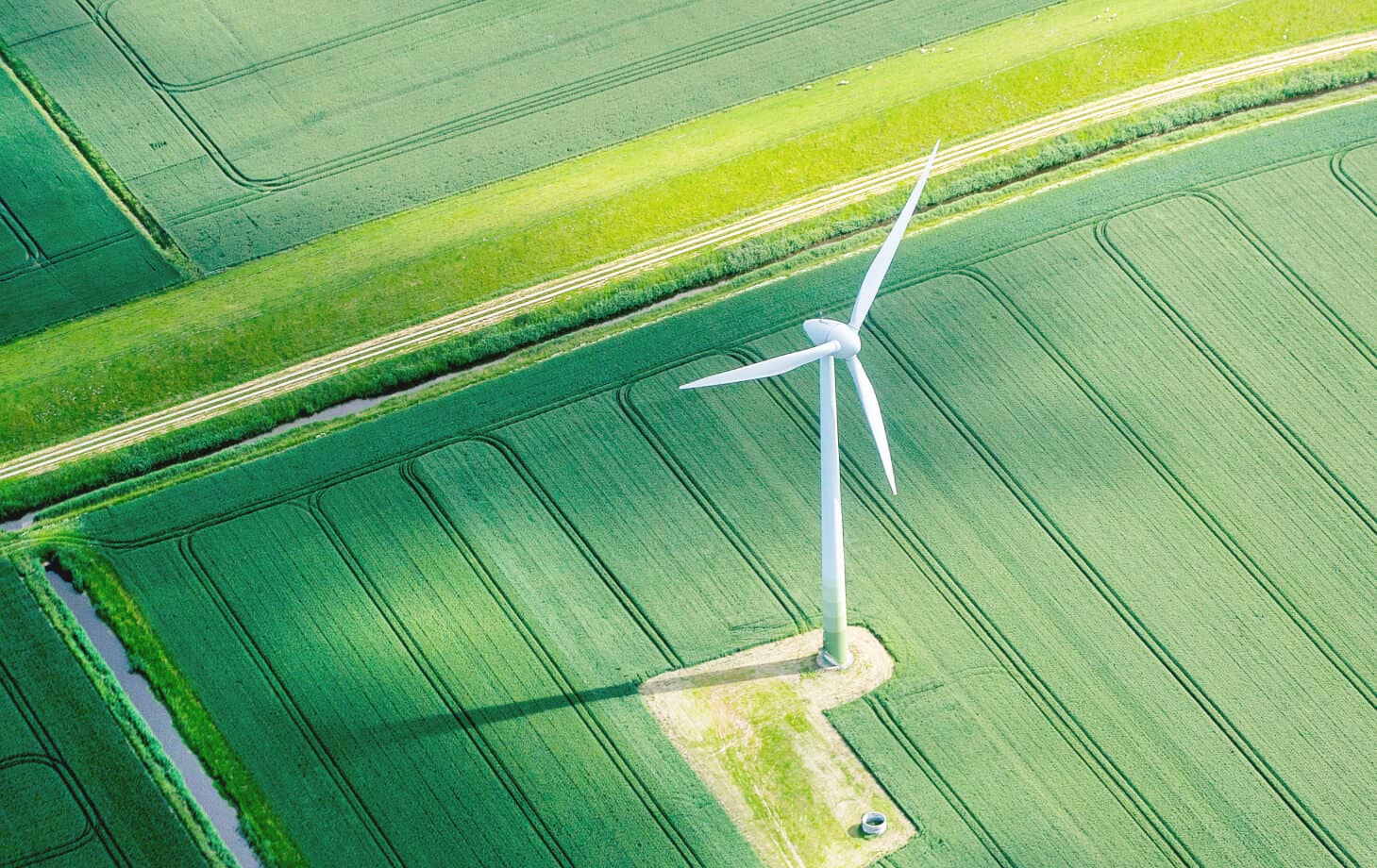
The importance of Environmental, Social, and Governance (ESG) performance cannot be overstated in today’s rapidly evolving business and financial landscape. ESG has transitioned from a mere buzzword to a defining factor influencing a company’s cost of capital and its access to financial resources. Corporations now find themselves under increasing pressure to not only measure and disclose their ESG performance but to also manage associated risks effectively.
The surge in regulatory initiatives, whether related to environmental concerns, social issues, or governance standards, all emphasize one thing: the need for transparency. They push companies toward deeper disclosure, broader connectedness, and enhanced collaboration throughout their supply chains. In this article, we will explore key regulatory ESG developments, the challenges they pose, and the role of technology platforms like e2open’s on this critical ESG journey.
The Uyghur Forced Labor Prevention Act (UFLPA)
One of the most significant ESG-related laws enacted is the Uyghur Forced Labor Prevention Act (UFLPA) on December 23, 2021. This act imposes an import ban on products made in the Xinjiang region of China, where allegations of human rights violations against the Uyghur population persist. The UFLPA places the burden of proof on companies, shifting the concept of corporate due diligence from “reasonable care” to “proof positive.”
To comply with the UFLPA, companies must furnish detailed documentation demonstrating they have adequate processes to detect and rectify forced labor, comprehensive supply chain documentation, and proof of the chain of custody for materials. The UFLPA demands a granular, end-to-end approach to data gathering and collaboration with suppliers, making it imperative for companies seeking access to U.S. markets to ensure compliance with the UFLPA.
The EU’s proposed import ban
The European Union (EU) has also proposed a similar import ban to combat forced labor, extending its scope to products made globally. This proposal upholds the principles of the UFLPA and broadens it to encompass products made anywhere in the world, not just in Xinjiang. Additionally, the EU envisions a data-sharing framework among member states, ensuring that products linked to forced labor are kept out of the EU’s vast market.
The SEC and CSRD
In 2022, the U.S. Securities and Exchange Commission (SEC) proposed a rule requiring companies to disclose aspects of their greenhouse gas (GHG) emissions. While formal guidelines are still forthcoming, this potential requirement has many corporate leaders preparing for a de facto Scope 3 disclosure, mirroring the proposed requirements in the EU under the Corporate Sustainability Reporting Directive (CSRD). The CSRD substantially increases sustainability reporting requirements for many companies doing business in the EU.
The Landmark California SB 253 Law
Signed into law in October 2023, the Climate Corporate Data Accountability Act (aka SB 253) requires stricter practices for all private or public corporations in California with over $1 billion in annual revenues. Unlike the pending SEC rule, SB 253 leaves no room for companies to opt out of reporting on Scope 1, Scope 2, and Scope 3 emissions, which covers all aspects of a business’s extended supply chain – affecting more than 5,000 companies globally. Given California’s status as the world’s fifth-largest economy, the implications of these disclosure requirements are massive.
The challenge of transparency in supply chains
The challenge of achieving ESG goals is akin to navigating through an intricate labyrinth without a guiding light. Modern supply chains are incredibly complex, with numerous tiers and varying levels of technical sophistication. Many companies are still struggling to identify their indirect suppliers, let alone track their ESG performance. This lack of visibility and transparency poses significant challenges in managing supply chains effectively.
The challenge of collaboration in supply chains
Effective collaboration is at the heart of ESG compliance and sustainability. The success of this collaboration hinges on clear communication and seamless coordination. However, due to language barriers and differing communication systems, confusion and inefficiency often prevail. These issues reflect the collaboration challenges that companies face with their diverse network of suppliers, partners, and stakeholders.
A platform to enable connectedness and transparency
Despite these challenges, ESG regulatory changes keep coming, reflecting a global shift toward increased transparency and the mitigation of ESG risks throughout supply chains. The pressure is on the business community as many companies are committing to voluntary disclosures related to their ESG and even tying executive compensation to ESG performance. As ESG and sustainability continue to gain importance, technology platforms like e2open play a pivotal role in enabling deep supply chain network building, collaboration, and data gathering. This new focus is especially vital, considering most emissions arise through the supply chain. E2open’s solutions also play a vital role in complying with human rights-focused ESG regulations that demand end-to-end supplier mapping and collaboration.
The connected supply chain
E2open’s technology facilitates supply chain network building that spans the end-to-end value chain, fostering collaboration among all ecosystem partners, regardless of tier, region, or technical sophistication. The platform streamlines data collection, decision-making, and orchestrates processes across sub-tier partners. This connected architecture reduces obstacles related to disconnectedness and lack of visibility within supply chains, enhancing efficiency, data sharing, and record-keeping – all essential for tracking and reporting ESG-related risks and impacts.
Centralized data collection
Much like a central command center, e2open streamlines data collection, aligns decision-making, and orchestrates processes across sub-tier partners. This centralization is vital for tracking and reporting ESG-related risks and impacts. The transparency and centralization of data can significantly improve efficiency, collaboration, data sharing, and record-keeping.
Embedded sustainability to drive positive outcomes
E2open’s platform emphasizes the importance of two-way communication and information sharing within complex supply chains. Balancing cost, service, and sustainability has become pivotal in modern supply chain management. Sustainable actions, once initiated, perpetuate through the supply chain, creating win-win scenarios for companies, communities, and the planet.
Driving sustainable practices.
When companies leverage e2open connected technology, their interconnected supply chain helps control corporate risk and liability and drives sustainable practices, helping companies capture market share and drive growth. Sustainable materials, circular business models, and ongoing interactions between makers and buyers are transforming the global economy from the bottom up to the top down.
A vision for what’s possible
As we embrace this new era of ESG, the role of platforms like e2open is undeniable, illuminating the path toward a more responsible and sustainable future. E2open combines end-to-end solutions with a network that elevates what is possible as it relates to climate, social responsibility, and so much more. Not only does e2open help companies manage risk and liability, but we also help capture market share and drive growth. Additionally, partnering with e2open helps create new opportunities as products are redesigned around sustainable materials, and circular business models transform global economies. As the global business landscape changes, businesses prioritizing transparency, connectedness, and sustainability will be well-positioned to thrive.
To dive deeper, read e2open’s 2023 ESG report or connect to learn more about thriving in this new era of ESG.





